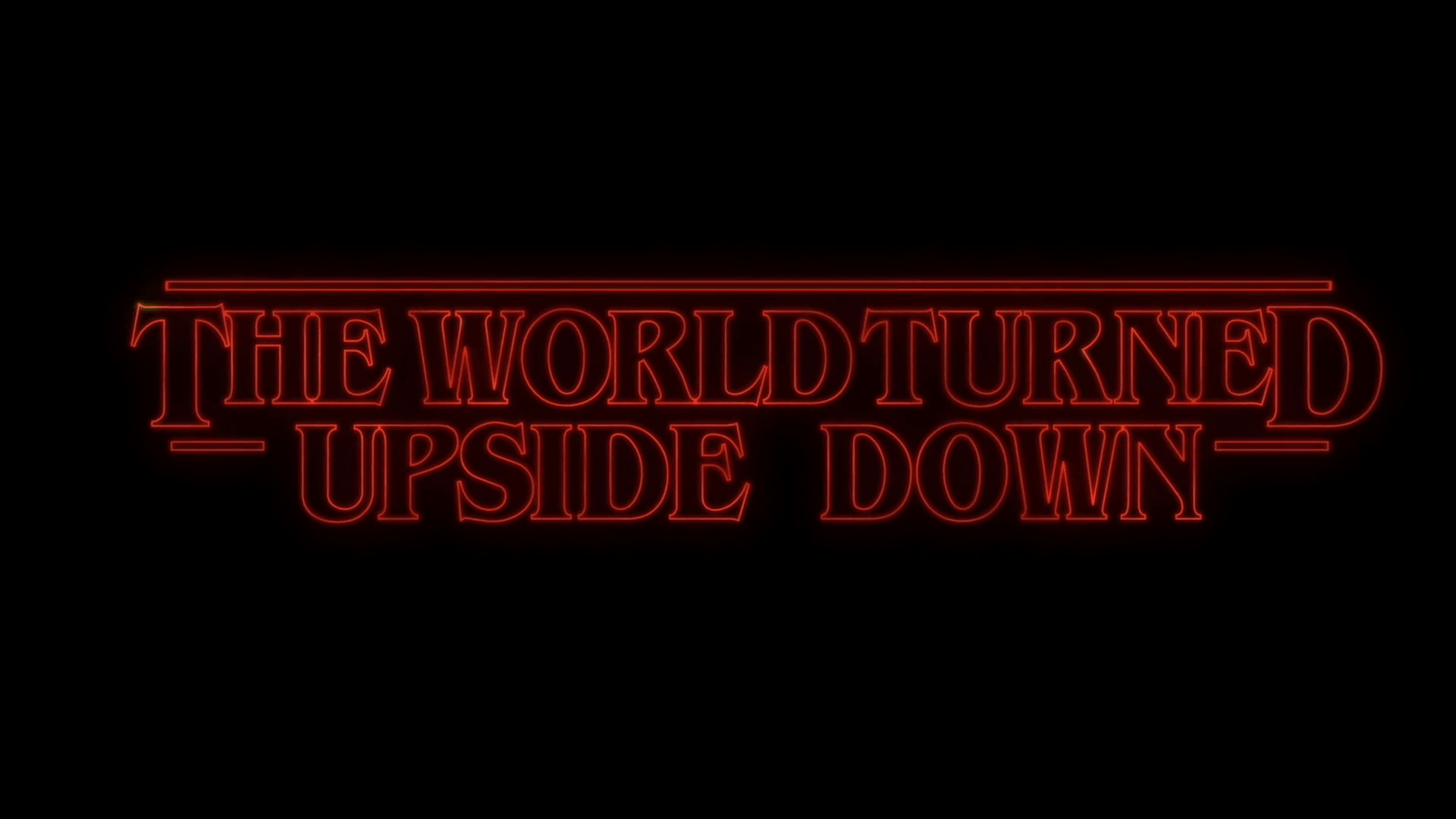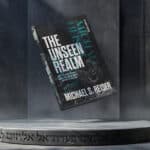
A lot about the fictional town of Hawkins, Indiana, and its middle school reminds me of growing up. When I watch the show I can see old neighborhoods and the store where we bought baseball cards, the kind that came with chewing gum that was essentially sliced granite. I relive the bike rides to school and my friends’ houses. I can pick out middle-school friends and acquaintances—nerds, jocks, and the troubled bullies who spent most of their time in detention. Our school had an A/V club. Most of the guys I hung out with had single parents. And I remember just about all of the movies that the series famously repurposes in weaving its earthy-but-ethereal tale of, well, the strange things going on in town. Stranger Things offers just the sort of terrifying-but-exhilarating adventure I would have wanted to get drawn into.
Turns out I was—and am—in that kind of adventure. All of us are. I’m talking about the paranormal conflict the Bible describes for the soul of every man, woman, and child that’s raging beyond what our senses can detect. Demogorgons and Shadow Monsters on the other side of a supernatural Upside Down seek our misery and destruction. As viewers discern immediately, in Stranger Things, ignorance of or resistance to the mind-bending otherworldly manifestations doesn’t make them untrue.
Many Christians resist or feel uneasy with the supernatural worldview of the Bible. I’ve written a good deal about the unseen realm and its place in the biblical worldview. My goal has been to help people rediscover the Bible for what it is—a supernatural epic—and to stop reading it like it’s a textbook. I’ve tried to convince people that the content of the Bible is either presented as story or framed by story, and that the Bible’s story is inescapably supernatural.
That might sound odd. Why would Bible readers need to be convinced of such things? After all, many people who devote time to reading the Bible believe in God, Jesus, Satan, angels, and demons. While that’s the case, the observation misses the point. There’s a lot more going on in the Bible in the supernatural realm than these familiar figures. The Bible’s supernatural intersection of an animate, spiritual world with the terrestrial human reality transcends what you would typically hear in church.
The Good News and Stranger Things
As I’ve chronicled in other books, there are dozens of passages in the Bible that frame everything from geography to baptism in terms of supernatural warfare. The story of the gospel is framed by a supernatural worldview. The same is true of Stranger Things.
Though the series is not driven by theology, its plotline is propelled by the looming threat of a malevolent, otherworldly intelligence that seeks the destruction of all that the characters hold dear. I’m not going to make an argument that the hit series is “about” the biblical story line or follows it in any deliberate way. It doesn’t. Rather, I want readers to discern that there is a lot of material in Stranger Things that is analogous to the Bible’s long story of God’s desire for a human family and of the supernatural agents bent on its failure or fulfillment.
Stranger Things doesn’t intentionally retell the gospel story. The Duffer brothers, the show’s creators, had nothing of that sort in mind. But the fact that the story has so many points of analogy to the saga of Jesus and his followers against the powers of darkness isn’t coincidental. Truth often works off the radar. The story of God’s love for us contains all the compelling archetypal elements and questions that have fueled human contemplation and tapped into its deepest yearnings for millennia. Is there a God who made us and loves us? Did this God have a purposeful destiny in mind for us? Is there life after death? Conversely, are there otherworldly threats to our welfare? Why is there evil? Can evil be overcome?
Mythic genres like fantasy and science fiction allow storytellers to play off the supernatural and utopian impulses of their readers, consciously or unconsciously. Stranger Things does this exceedingly well. As for the gospel, we should not be surprised that, recollecting a conversation with J. R. R. Tolkien and Hugo Dyson, C. S. Lewis was led to faith by the realization that “the story of Christ is simply a true myth: a myth working on us in the same way as the others, but with this tremendous difference that it really happened.”
Stranger Things taps into spiritual questions and crises and addresses them the way the gospel story does—with mystery and transcendent power, justice, and love. The goal of this book is to discern elements of Stranger Things that make us think about the story of Jesus and which draw attention to God’s salvation plan. For those familiar with the New Testament story of Jesus, we’ll see in the pages that follow that the show offers compelling, imaginative portrayals of important spiritual truths. For others, Stranger Things can plant the seeds of the gospel of Jesus Christ—the myth that is true.
This post is adapted from The World Turned Upside Down: Finding the Gospel in Stranger Things by Michael S. Heiser (Lexham Press, 2019).







Mike, I am intrigued by your take here, and where it leads. I have a young friend who thinks that, to be a Christian, that he needs to ‘blatantly;’ preach the gospel in all that he does. He imagines that he needs to have an altar call (or something similar) in every creative work. He is very discouraged, and feels that his creativity will be stifled if he commits fully to Christ. At 22, his concepts of glorifying God is very black and white. I think he imagines himself as planter, waterer, tender, and harvester of the Gospel.
The grand themes that ST pulls out are indeed something that can be a launching pad to the answers that the gospel presents. I hope that my friend can see that that might be enough…a seed planted. To be tended,and harvested perhaps by another, perhaps by himself.
BTW, I do not know of the Duffer brothers’ theological perspective, but I find it interesting that the main characters name is “El”
Haha I love this. Let’s get this conversation out into the edges and corners of our culture, as well as in the epicenters of power and media.
The Upside-down is everywhere, and there is a way out. Thank God!